Don't Go It Alone: 10 Cloud Computing Collaborations You Need To Know About

Everyone Partner Up
Companies are working together to fuel innovation and spur uptake of cloud computing infrastructures. A number of marquee companies have shaken hands to offer collaborative cloud solutions. Whether it's Google and VMware or Microsoft and Hewlett-Packard (HP), vendors are partnering up to deliver comprehensive cloud offerings. It's the solution provider's job to determine which pairing to team up with.
To show that in the cloud, there's no going it alone, here are 10 cloud computing collaborations you should know about as you plot your cloud roadmap.

Google And VMware
Google wants to infiltrate the enterprise. To do so, the search and now cloud giant has teamed up with VMware to make it easier for developers to write Java applications to run on various cloud platforms. Last week at the Google I/O conference in San Francisco, VMware President and CEO Paul Maritz revealed the partnership which centers on VMware's Spring Framework, a Java programming model. As part of the partnership, SpringSource's Tool Suite and a new rapid application development tool called Spring Roo have been tied in with Google's Web Toolkit. By teaming up with the virtualization king, VMware, Google has shown that it's serious about the cloud and is making friends with the leaders to build on its successes.
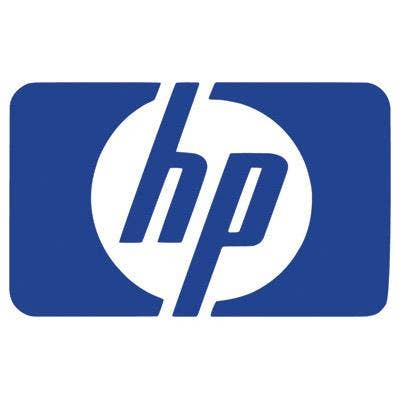
Microsoft And HP
Back in January, Microsoft and HP trumpeted a new technology stack collaboration for the data center that the companies plan to fund with $250 million over three years that will center on cloud computing. While the two tech powerhouses didn't divulge details, they promised "dynamic IT solutions" in areas like public and private clouds that tie together Microsoft products like Exchange Server and Hyper-V with HP's portfolio of server, storage and networking gear. While specific go-to-market and product details are still pending, the dynamic duo said the "new infrastructure-to-application model" will give the channel a new cloud arsenal and the pair will offer dedicated channel sales teams for the joint project.
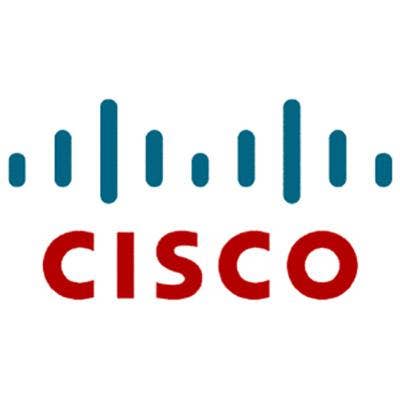
Cisco, EMC And VMware
Holy smokes, it's the high-tech trifecta. Last year, Cisco, EMC and VMware unveiled their virtual Computing Environment (VCE) Coalition and Vblock Infrastructure Packages, a series of pre-configured, pre-tested storage solutions based on EMC, Cisco and VMware gear to spur cloud and virtualization deployments. The trio is looking to combine storage, server, networking and virtualization resources into a single offering.
And partners of the trio look to benefit, as Cisco, EMC and VMware have said that the Vblock suites will be offered through systems integrators, service providers, VARs and ISVs with services and support offerings available for the channel.
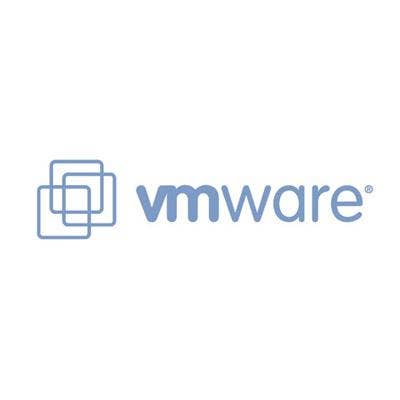
Cisco, VMware And NetApp
Cisco showed that its virtualization and cloud strategy centered on its Unified Computing System (UCS) isn't all about EMC. Cisco added NetApp to the fold, along with VMware, to launch a new design architecture for sharing data center resources across virtualized and enterprise cloud environments. Announced in January, the three-prong attack offers an end-to-end Secure Multi-tenancy Design Architecture that offers security in cloud environments by isolating IT resources and applications of different clients, business units or departments that share a common IT infrastructure. The Cisco, NetApp and VMware three-way will also offer a cooperative support motel for the pre-tested and validated design architectures to aid in the building of unified, virtualized infrastructures.
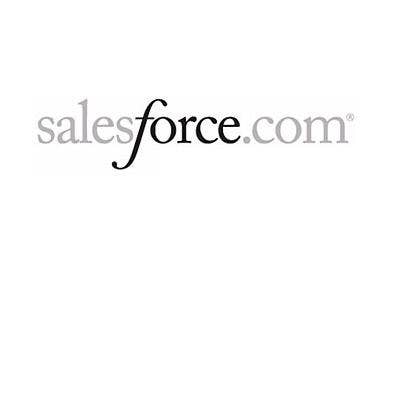
Salesforce.com And VMware
Behold VMforce!
Shrouded in mystery with only a Website as a clue, Salesforce.com and VMware in April pulled the curtain off of a new partnership to bring Java application development to the cloud. And thus VMforce was born.
Under the pairing, the two titans plan to jointly sell and support the new VMforce enterprise Java cloud. The integration lets Java developers use existing VMware SpringSource tools to build Java applications for Salesforce's Force.com cloud. The two companies contend that Java developers can develop apps on the SpringSource platform as they did in the past, but can now decouple applications from the Java server and move them to the Force.com cloud, where the Java applications can define and access stored data using drag-and-drop.
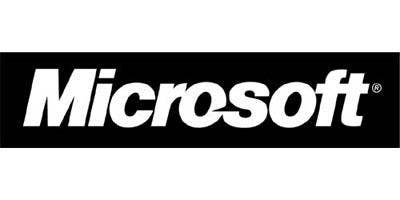
Microsoft And NetApp
Late last year, Microsoft and NetApp inked a three-year deal to collaborate and integrate NetApp's storage gear with Microsoft's applications and Hyper-V technologies. The agreement makes it possible for solution providers to better tie together storage and virtualization and cloud environments. The arrangement covers virtual infrastructures based on Windows Server 2008 R2, Microsoft Hyper-V Sever 2008 R2, Microsoft System Center for management of virtual and physical infrastructures, and NetApp storage systems. The two also plan to collaborate on storage and data management solutions for Microsoft Exchange, SharePoint and SQL Server.
The deal is similar to the relationship NetApp has with Microsoft arch-rival VMware.
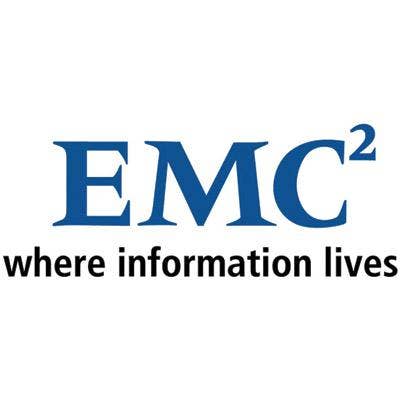
EMC And Service Providers
At EMC world in May, EMC CEO Joe Tucci highlighted a host of partnerships around EMC's Atmos cloud platform, forging relationships with a host of service providers and ISVs to foster adoption of enterprise private clouds. Service providers like AT&T, Peer1, Unisys and more are using Atmos clouds and EMC's RSA Data Loss Prevention suite to help CIOs boost private cloud offerings and add security to cloud applications.
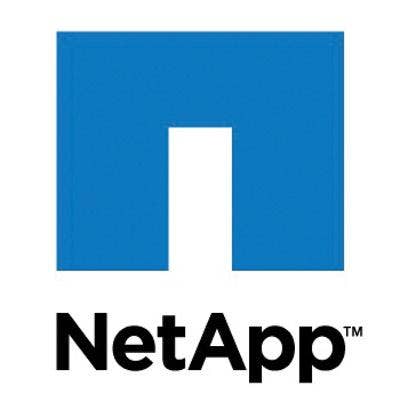
CA And NetApp
In February, CA and NetApp inked a deal through which the two team up for management of public and private cloud infrastructures. According to the two companies, the integrated solutions help enterprises and service providers boost business agility and cut costs through the integration of CA's virtualization, automation and service assurance offerings and NetApp's storage management solutions. The partnership, which builds on several years of friendliness between the two companies, will integrate CA Spectrum Automation Manager with NetApp Provisioning Manager to enable customers to automate their cloud infrastructure end-to-end; CA Spectrum Service Assurance with NetApp SANscreen suite to extend CA business service modeling into storage; and CA Spectrum Infrastructure Manager and CA eHealth Performance Manager with NetApp's fault and performance management products to boost proactive performance monitoring with live analysis, performance dashboards and reporting.
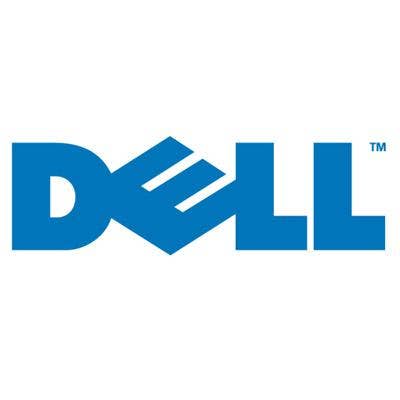
Dell And Joyent And More
Dell wants to take the cloud by storm and is teaming up with a host of other vendors to launch collaborative cloud offerings to the enterprise. Dell said it is building cloud offerings that feature tested and supported cloud solution stacks tying together hardware, software and services that ease customers' ability to deploy and manage cloud environments. First up is Dell's cloud platform for Web applications. The turnkey private PaaS solution is a collaborative effort with cloud software provider Joyent.
Meanwhile, Dell is working with new ISV partners in the cloud: Aster Data, which will provide Web analytics; Canonical, which offers an open source Infrastructure-as-a-Service private cloud; and Greenplum, a self-service data warehousing vendor.
Lastly, Dell will continue collaborations with Microsoft, a partnership though which Microsoft and Dell will work together on joint solutions on the Windows Azure platform with Dell offering services and Microsoft investing in Dell hardware for the Azure infrastructure.
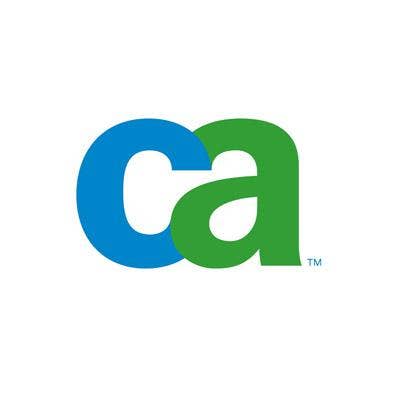
CA And Cisco
It seems that Cisco is teaming up with everyone to firmly plant itself into the cloud ecosystem. This month at CA World, CA and Cisco expanded their partnership with the addition of several new management tools to improve cloud and virtualization deployments. The products stem from CA's charge into cloud computing, which has included a rash of acquisitions of cloud-focused companies like 3Tera, Oblicore and Cassat.
The Cisco pairing will integrate CA's system management software with Cisco's Unified Computing System (UCS), meaning Cisco technology can be managed via CA's management interface. For example, CA Spectrum Automation Manager, CA eHealth Performance Manager and CA Spectrum Infrastructure Manager will all now work with UCS.